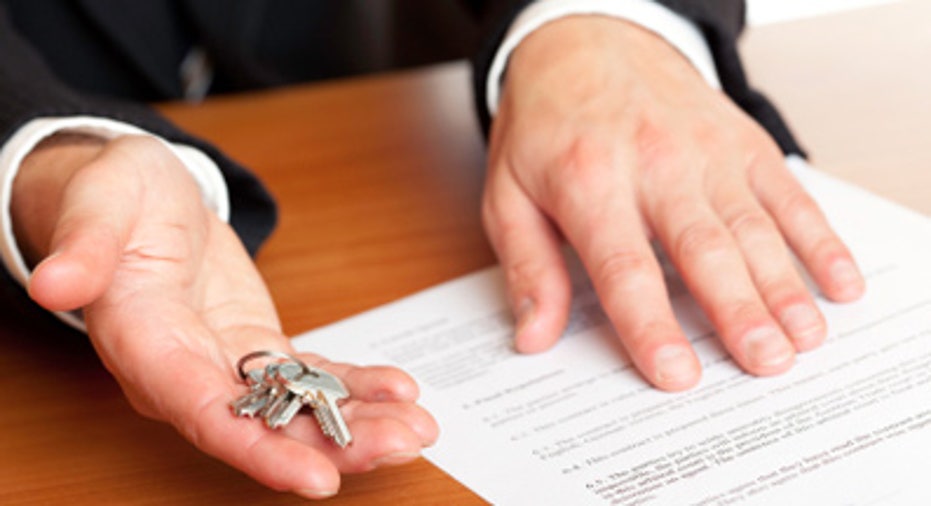Can You Pay Your Rent With a Credit Card?

Rent is arguably the most important bill non-homeowners pay each month, and as payment technology continues to evolve for consumers and business owners, there are many more options beyond using cash and checks.
A lot of people opt for electronic payment, if it’s available, because you can often set up automatic payments and not worry about checks getting lost or delayed in the mail. Most often, if your landlord or property manager accepts electronic payments, it’s in the form of a fund transfer, but paying with a credit card might also be an option. Before you decide to put your rent payment on a credit card, make sure you know how much it could really cost.
Ask About Fees
If you have the ability to pay rent with a credit card, either using the property manager’s payment system or a third-party processor, like RadPad or RentShare, there will be fees associated with that transaction — whether or not you’re responsible for them depends on the person or company you’re paying.
All credit card transactions (rent-associated or not) have processing fees, but the merchant usually pays them. With credit-card rent payments, you want to be absolutely sure who’s responsible, because if you have to pay fees, you’re essentially increasing your monthly rent expenses. Beyond credit card processing, there may be a service fee for whatever payment processor is in use. If you’re considering paying your rent with a credit card, you have to ask about fees.
Consider Rewards
If you have a rewards credit card, you might be able to capitalize on a large rent payment as an earning opportunity. Here’s where fees come in again: If the fees outweigh the rewards, it’s not a good strategy to pay rent with a credit card. (For example, if your payment tacks on a 2% processing fee and you only get 1% cash back, you’re losing out.)
At the same time, if you get a new credit card with a large sign-up bonus that you might not otherwise earn, paying a month or two of rent with your credit card may help you land that bonus, even with fees.
Pay Your Bill in Full
If you’ve determined the fees are worth the convenience or your rewards outweigh the costs, the next thing you need to plan for is to pay your credit card bill in full. It makes no sense to go into credit card debt (and accrue interest on it) or max out a credit card on rent. Sure, rent is a huge part of most people’s expenses, but if you finance it on a credit card, it could take you years to pay off. If you can’t pay your credit card bill in full, don’t put your rent on the card, because if you can’t pay your rent in full each month, you’re living somewhere too expensive. It’s either that or your budget needs some serious adjustment.
Failing to pay your rent could lead to eviction or the unpaid balance going to a debt collector, which will hurt your credit standing. On the topic of credit: Adding a large payment like rent to your credit card balance could lead you to use too much of your available credit. Experts recommend keeping your credit card balances below 30% of your total limit (10% is best), because anything higher may negatively impact your credit score. You can see how your credit card use affects your scores by getting two of your credit scores for free on Credit.com.
More from Credit.com
- How Renting Can Impact Your Credit
- How to Get a Credit Card With Bad Credit
- How to Get Your Free Annual Credit Reports
This article originally appeared on Credit.com.
Christine DiGangi covers personal finance for Credit.com. Previously, she managed communications for the Society of Professional Journalists, served as a copy editor of The New York Times News Service and worked as a reporter for the Oregonian and the News & Record.



















